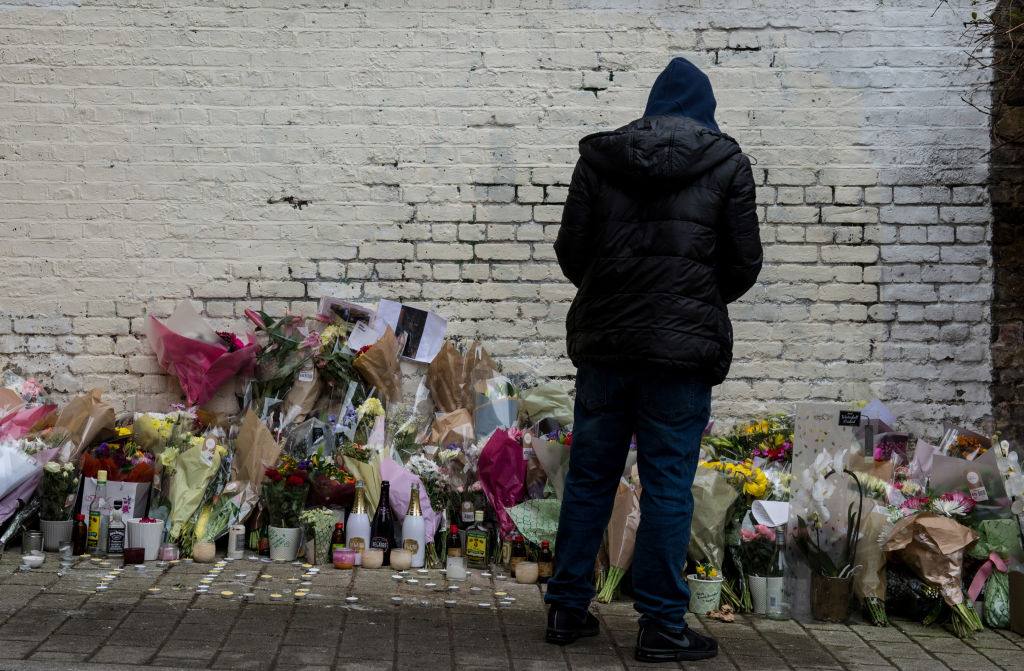Historically the Conservative party has been known as the party of law and order. It is now in the process of losing that reputation and Home Secretary Amber Rudd’s recent remarks show why. Stung by complaints that cutting the number of police officers by over 20,000 since 2010 has contributed to the rise in violent crime, she said:
‘In the early Noughties, when serious violent crimes were at their highest, police numbers were rising. In 2008, when knife crime was far greater than the lows we saw in 2013/14, police numbers were close to the highest we’d seen in decades.’
Reduced resources were not, therefore, to blame for rising violence. A Home Office report was immediately leaked showing that the number of officers had contributed to the increase of crime. The Home Secretary denied all knowledge of it and it transpired that it was not the only bit of evidence that had escaped her attention.
If she had glanced at a March 2018 report produced by the House of Commons Library, called Police Service Strength, she would have had a better understanding of variations in police numbers. In 1993, police strength was about 126,000 and, at a time when the prison population was being rapidly expanded, the number fell to about 122,000 by 2000. It then increased by 2005 to 141,000. Between 2000 and 2005 violent crime was not at its highest. It had peaked in the early 1990s and had fallen significantly since 1993 and was continuing to fall.
The dominant story of that period was that the ‘prison works’ policy introduced in 1993 by Michael Howard led to the incarceration of many career criminals followed by a reduction in crime. The police played a vital part in arresting and charging offenders but imprisonment of known offenders was the chief driver of falling crime.
Then there is the Home Secretary’s shameless comparison between 2008 and 2013/14. The Office for National Statistics report for the period says that it is only possible to compare knife crime statistics from 2010/11 onwards. In their own words:
‘the data since the year ending March 2011 are not comparable with those of earlier years’.
Inexcusably, the Home Secretary compared them anyway. Following concerns by the Public Administration Select Committee, Her Majesty’s Inspector of Constabulary (HMIC) had conducted an inspection of the accuracy of police crime statistics. Published in November 2014, it looked at the reliability of data collection in 2013 and 2014, the very years the Home Secretary chose to highlight. HMIC found that about 19 per cent of offences that should have been recorded as crimes were not, and that the greatest level of under-recording was for violence against the person (33 per cent).
The issue is not whether Amber Rudd’s interpretation is right or wrong, or the ONS interpretation, or mine. The vital point is that no truthful commentator would rely on a comparison between 2008 and 2013/14 to prove a point about the impact of cutting the number of police. The statistics do not allow us to draw a conclusion one way or the other. If this is the Government’s attitude to evidence, it’s no wonder they are losing their reputation for upholding law and order. Of course, the Home Secretary has to be seen to be doing something, and so she is setting up a task force and pushing through some new laws to punish knife crime more severely.
Instead of putting up a smoke screen of strident talk and using dubious statistics in blind defence of the status quo, she ought to ask how the Government could most effectively fight crime. If she did, she would speedily conclude that more police would make a difference. Every scrupulous crime researcher accepts that crime is discouraged when the chances of being caught and punished are increased. An effective crime fighting strategy, therefore, requires enough police to make criminals think that there is a high chance of being caught and an effective judicial system that punishes offenders who are convicted.
Despite these long-established realities, the Home Secretary can still write that ‘the evidence does not bear out the claims that resources are to blame for rising violence’. Even within a much weakened Home Office, there must be numerous officials who could have put her right, as the leaked report reveals.
David Green is Director of Civitas






Comments